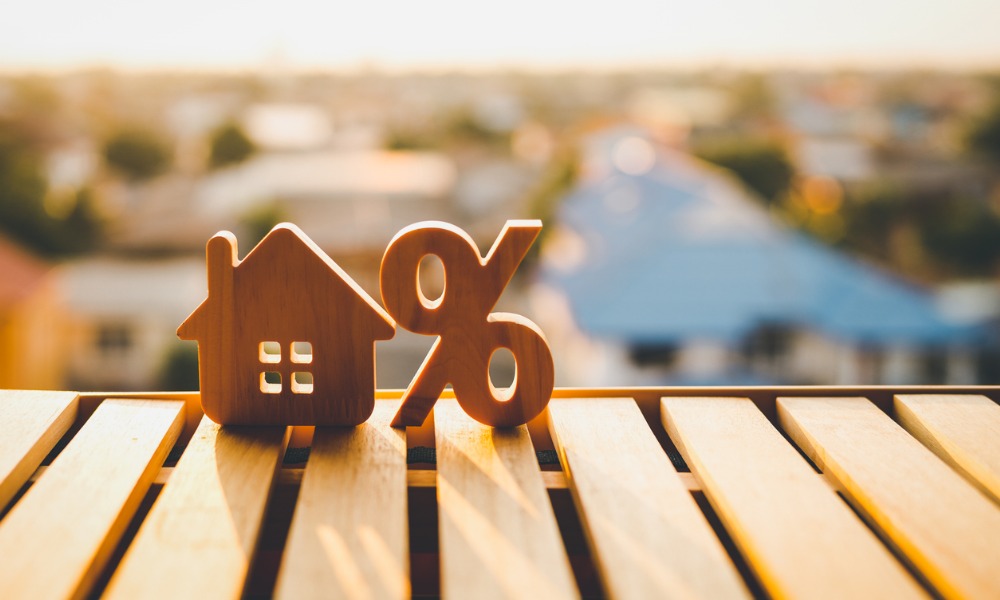New B.C. law targets speculators with a 20% tax on homes sold within a year to aid affordability

The British Columbia government has introduced legislation to implement a 20 percent flipping tax for those who sell their homes within one year of purchase, as reported by The Canadian Press.
Finance Minister Katrine Conroy emphasized that the tax targets speculators contributing to rising housing costs amid a housing crisis. The tax rate diminishes to zero over two years, ceasing after 730 days of ownership.
Conroy estimated that approximately 4,000 home sales annually would be subject to this tax. She argued that the tax addresses the issue of housing being used for short-term investments, which hampers the ability of families to enter the market.
This measure is part of broader efforts to prioritize homeowners over speculators, especially during significant life milestones.
Introduced in this year's budget, the tax is expected to generate $43m in its first full fiscal year, with proceeds earmarked for affordable housing construction.
Heidi Marshall of the Condominium Homeowners Association of BC supported the legislation, noting the negative impact of speculators on strata corporations and communities.
The legislation includes exemptions for certain life events like separation, divorce, or death, and does not apply to sellers who contribute to the housing supply, such as by adding a basement suite.
This provincial tax complements the federal flipping tax introduced in 2023, which Finance Minister Conroy and Housing Minister Ravi Kahlon feel is insufficient alone to curb speculative sales, which they say comprised seven percent of BC's housing sales over the last two years.
Critics, including the British Columbia Real Estate Association, argue the tax may reduce provincial sales by 1.7 percent and discourage new listings, with minimal impact on housing prices.
Brendon Ogmundson, the association's chief economist, believes the solution lies in addressing the housing supply shortage through policies that increase density, despite acknowledging the government's efforts in this direction.
Conroy views the flipping tax as a strategic tool for enhancing housing affordability, framing it as a beneficial move for creating more housing, either directly through tax revenues or by discouraging speculative flipping activities.



